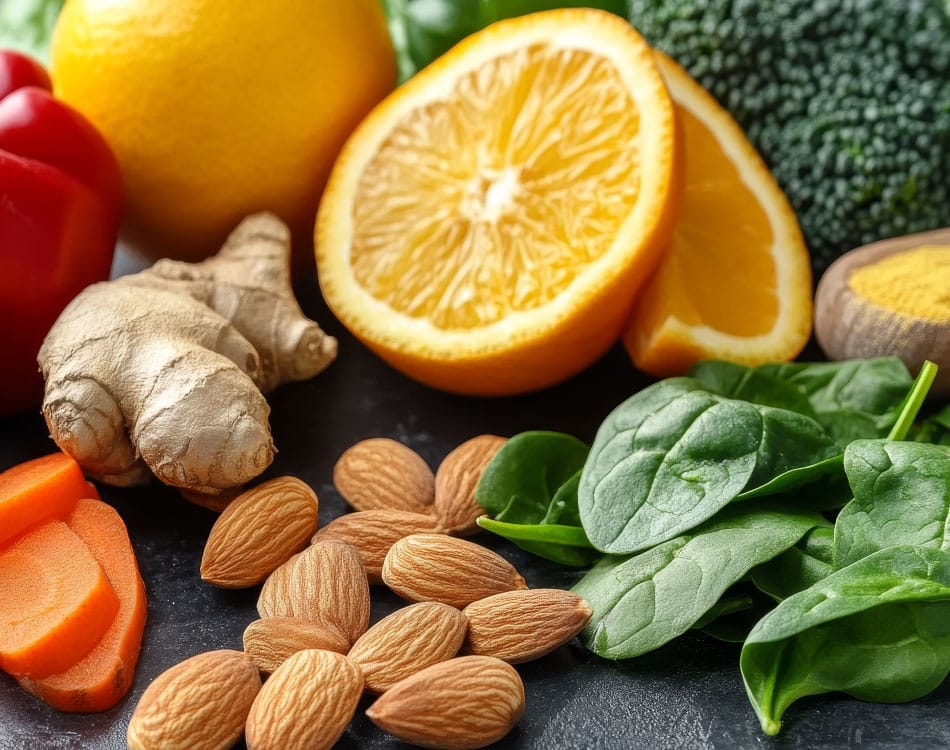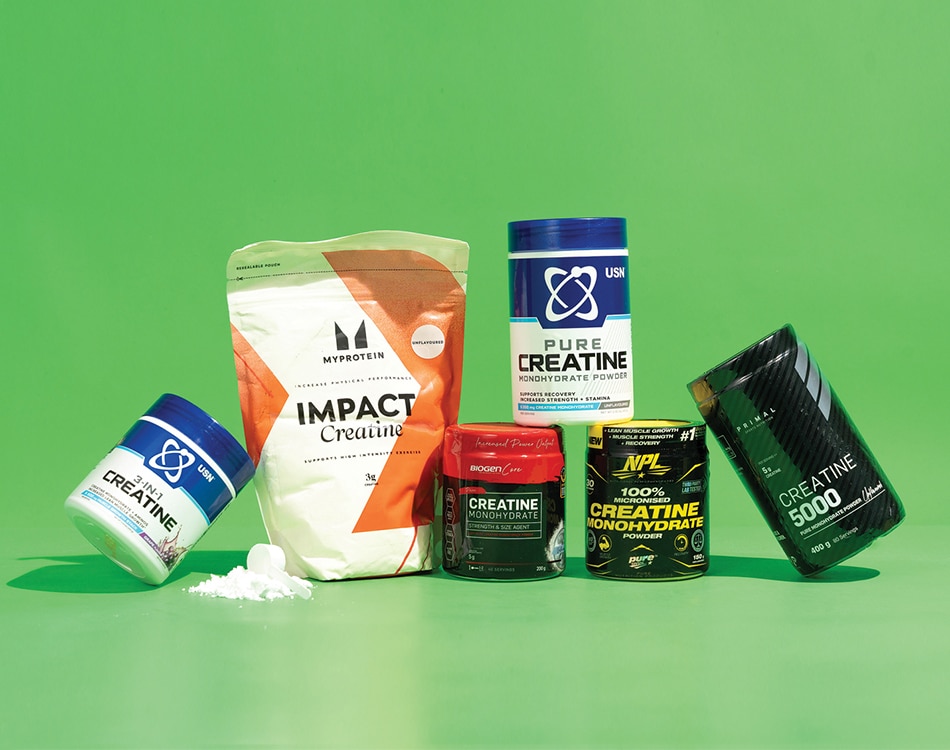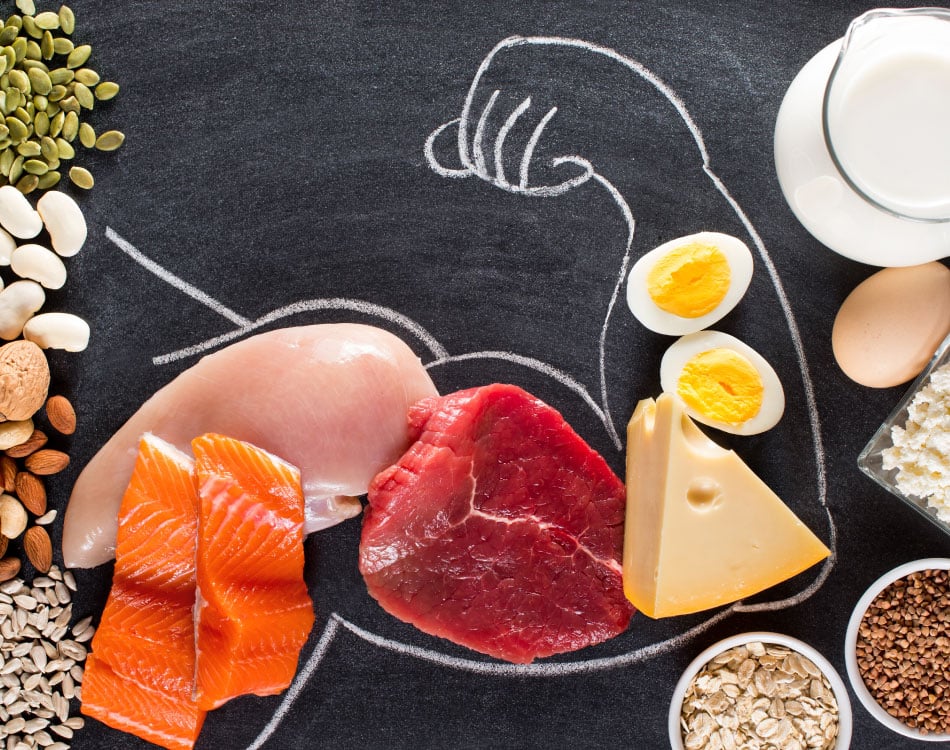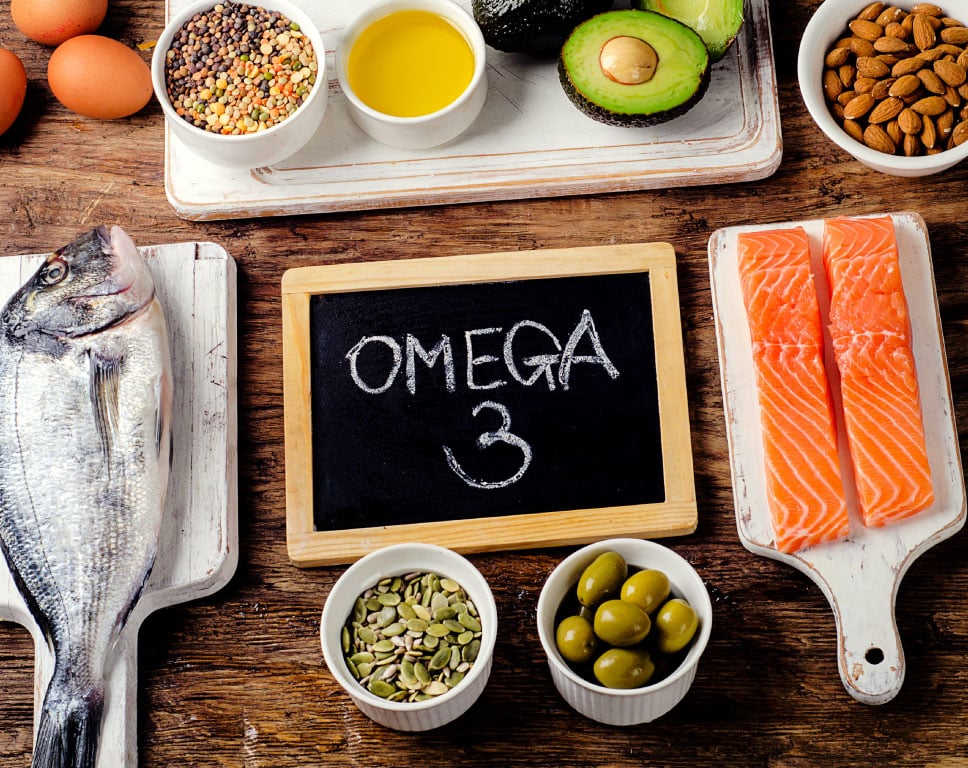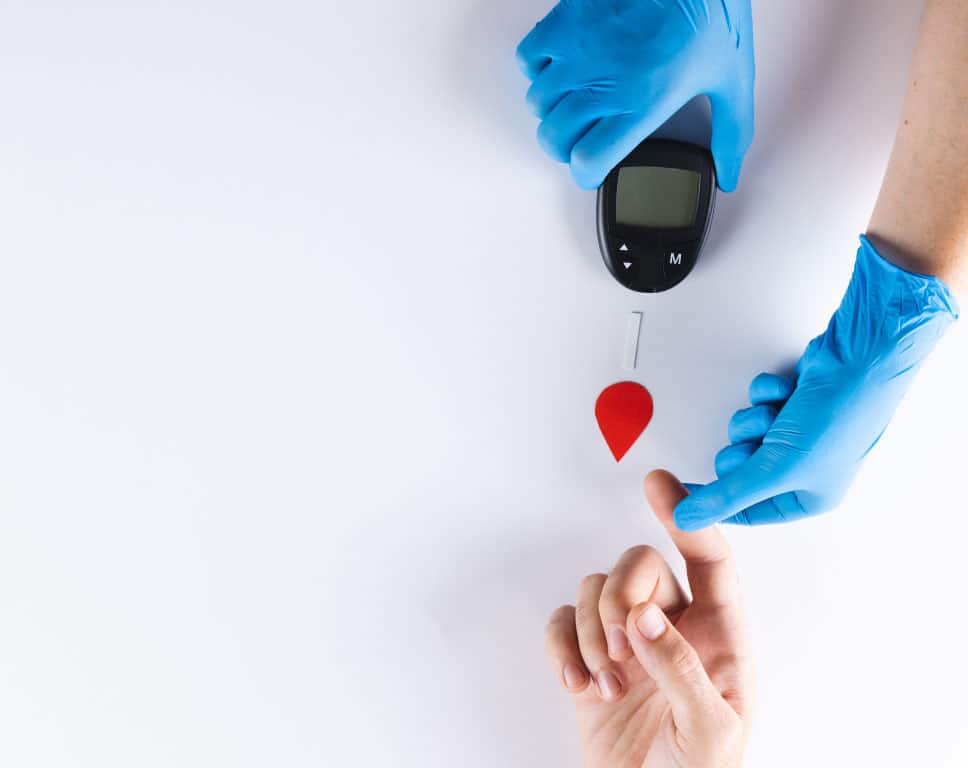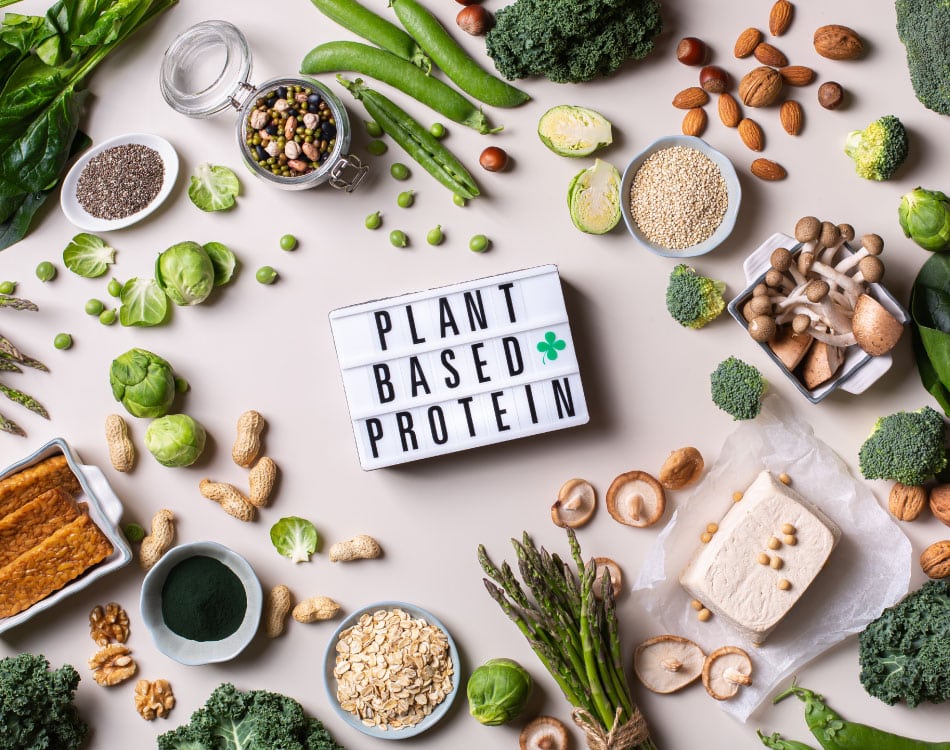If you’ve ever taken your diet seriously, whether it’s to transform your body, improve your health or boost your performance then you’ll undoubtedly have come across the terms calories and kilojoules.
The problem is that the two are often used interchangeably and has create common a misunderstanding of the terms.
Clarifying calories
This is understandable though, as both represent a measure of the energy that is supplied by the food we eat. To get technical for a moment (bear with us here) a calorie (cal) is a unit of energy defined as the amount of heat energy required to raise the temperature of 1 kilogram of water by 1 degree Celsius.
A calorie is the measurement unit that has most commonly been used on food labels and gives us an indication of the potential energy that the food possesses. While we generally speak of calories in relation to the energy in food, it can in fact refer to the measurement of any energy.
When used in relation to food or energy expenditure, a calorie refers to a kilocalorie (1000 ‘small’ calories), because the scientifically defined calorie is a very small energy unit that is inconvenient to use due to the fact that on average we eat or burn hundreds of calories at a time.
Enter the kilojoule
The energy value of food can also be measured in kilojoules (kJ), which is now the more commonly accepted unit. These two measurement units can therefore be used interchangeably.
1 calorie equals 4.184 kilojoules (kJ).
To change kilojoules to calories, divide the number of kilojoules by 4.184.
To convert calories to kilojoules, multiply the number of calories by 4.184.
The energy value of our food
The potential energy that a food source contains can be calculated with the following formula:
- 1 gram of protein = 4 Calories = 17 kJ
- 1 gram of carbohydrate =4 Calories = 16 kJ
- 1 gram of fat = 9.3 calories = 37 kJ
Determining energy content in food
Calories can be calculated simply by knowing the amount of these three building blocks (protein, carbs and fats) in the food, provided you know how many grams of each nutrient it contains.
Knowing how many calories you are consuming is important in weight loss to ensure you consistently maintain a slight negative caloric balance (a state where your body burns more calories than you consume). The source of the calories is not the most important aspect in this equation, provided they are predominantly sourced from natural and health foodstuffs.
Your metabolism – Converting calories to energy
Your body produces energy by burning calories in a process we commonly refer to as our metabolism. Everyone has a different daily caloric requirement, which depends on a number of factors, from your sex, weight, daily activity level, genetic makeup and your basal metabolic rate (BMR), which is the amount of energy the body needs to function while at rest. This includes the energy needed to keep the heart beating, regulate temperature and keep other organs functioning properly and accounts for about 60-70% of your daily calorie requirements.
One of the biggest determinants of BMR is your ratio of muscle to fat – the more metabolically-active muscle you have, the higher your BMR will be, which is why it pays to train with weights.
Determining your daily calorie intake
Your daily calorie requirement is therefore the sum of your BMR and the additional energy expenditure experienced during daily activities and exercise sessions. Any excess calories that aren’t burnt off will be stored as fat in fat cells.
Just 1 kilo of body fat contains the equivalent of 37,000kJ, so to lose 1kg of body fat in a week you would need to burn around 5,000kJ a day. That’s equivalent to 1,263 calories, which clearly illustrates the difference between the two measures and the need to be able to clearly distinguish between both.




